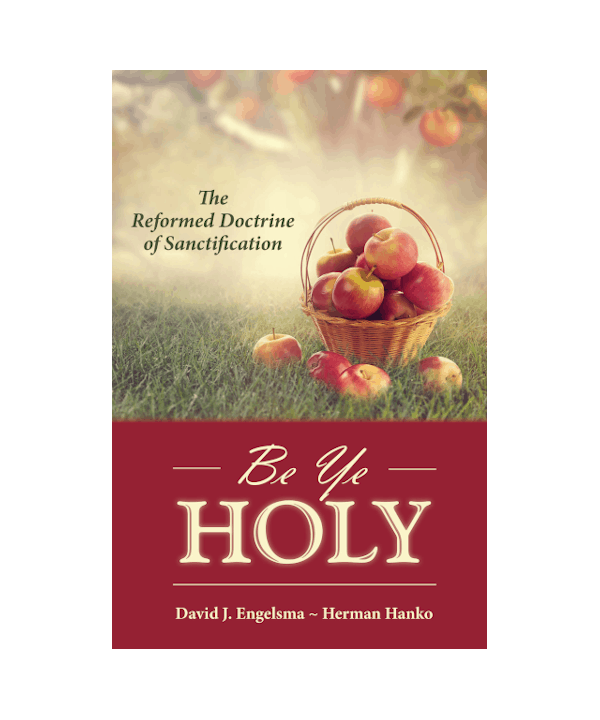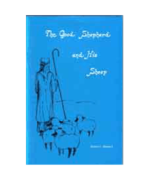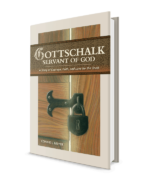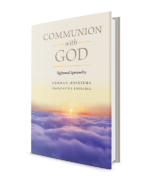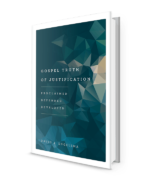CONTENTS
Foreword
Part 1
1. The Divine Work of Sanctification
2. Justification and Sanctification: Their Differences and Their Relation to Each Other
3. The Role of the Law in Sanctification
4. The Imperfection of Sanctification in This Life
5. “A Faire and Easie Way to Heaven:” The Threat to Sanctification of Antinomianism
6. The Victorious Christian
Part 2
7. Only the Holy Inherit the Kingdom
8. Our Calling to Work Out Our Own Salvation
Part 3
9. Zealous for Good Works
10. A Scottish Classic on Sanctification: James Fraser of Alness’s “Explication” of Romans 6:1-8:4
Appendix
About the British Reformed Fellowship
Foreword
“Sanctification is the work of God’s free grace, whereby we are renewed in the whole man after the image of God, and are enabled more and more to die unto sin, and live unto righteousness.” This is the admirable, succinct definition of sanctification given in the Westminster Shorter Catechism (Q. & A. 35).
The truth of God’s definitive and progressive work of making us holy, beautifully summarized in the sentence above by the Westminster divines, is explained, illustrated, defended and applied in great depth and length in the ten chapters of this book. In this little volume, the orthodox teaching of sanctification is set forth over against various heresies, especially antinomianism or antinomism. Here Scripture (and its exegesis), the Reformed confessions (both the Three Forms of Unity and the Westminster Standards) and church history are all brought to bear on the glorious subject of the believer’s conformity to Christ in sanctification.
The goal is that we might know the truth of sanctification—which biblical doctrine, like all other aspects of God’s truth, makes us free (John 8:32)—and obey the gospel call to holiness in heart and life, by God’s grace. Some 2,000 years ago, on the day before His crucifixion for us, our Saviour prayed, “Sanctify them through thy truth: thy word is truth” (John 17:17). Christ’s prayer on that momentous night and His continuous intercession for His church embraces not only the billions of God’s elect over the millennia and the innumerable occasions whereby He uses His truth in various ways; it also includes this humble book and all the saints who shall read it.
The two main authors of this work are Profs. David J. Engelsma and Herman Hanko, who are responsible for the first eight chapters which are contained in the first two parts of the book. Part 1 embraces, in written form, the six main speeches at the 2014 British Reformed Fellowship (BRF) Family Conference at Gartmore House, near Loch Lomond in the southern part of the Scottish Highlands (26 July – 2 August). Part 2 consists of the Sunday sermons at that Conference by our two chief speakers; they supplement the six core lectures by developing various aspects of the doctrine of sanctification. Part 3 begins with the introductory speech at the 2014 BRF Conference by Rev. Martyn McGeown, editor of the British Reformed Journal (BRJ) and missionary-pastor of the Limerick Reformed Fellowship (LRF) in the Republic of Ireland, and concludes with the special lecture on James Fraser of Alness and his famous “explication” of Romans 6:1-8:4 by Rev. Angus Stewart, the minister of the Covenant Protestant Reformed Church (CPRC) in Ballymena, N. Ireland.
Be Ye Holy is the sixth BRF book co-authored by Profs. Hanko and Engelsma, the others being Keeping God’s Covenant (2006), The Five Points of Calvinism (2008), The Work of the Holy Spirit (2010), The Reformed Worldview (2012) and Ye Are My Witnesses (2014).
As you read this book, heed the biblical commandment: “Be ye holy; for I am holy” (I Pet. 1:16; cf. Lev. 11:44, 45; 19:2; 20:7, 26)!
Rev. Angus Stewart
BRF Chairman
This book can also be read on-line.
To read this book in Polish, click here.
To read all this book in Russian, click here.
Chapters of this book can be read in Spanish.
“Be Ye Holy is the best book I have ever read on sanctification and is as confessional as you could get.” – Republic of Ireland
“Be Ye Holy has been a great resource to pass out to visitors, and to mail to prisoners and others who are eager for doctrinal dispute, but need better to understand the calling to holiness.” – USA

